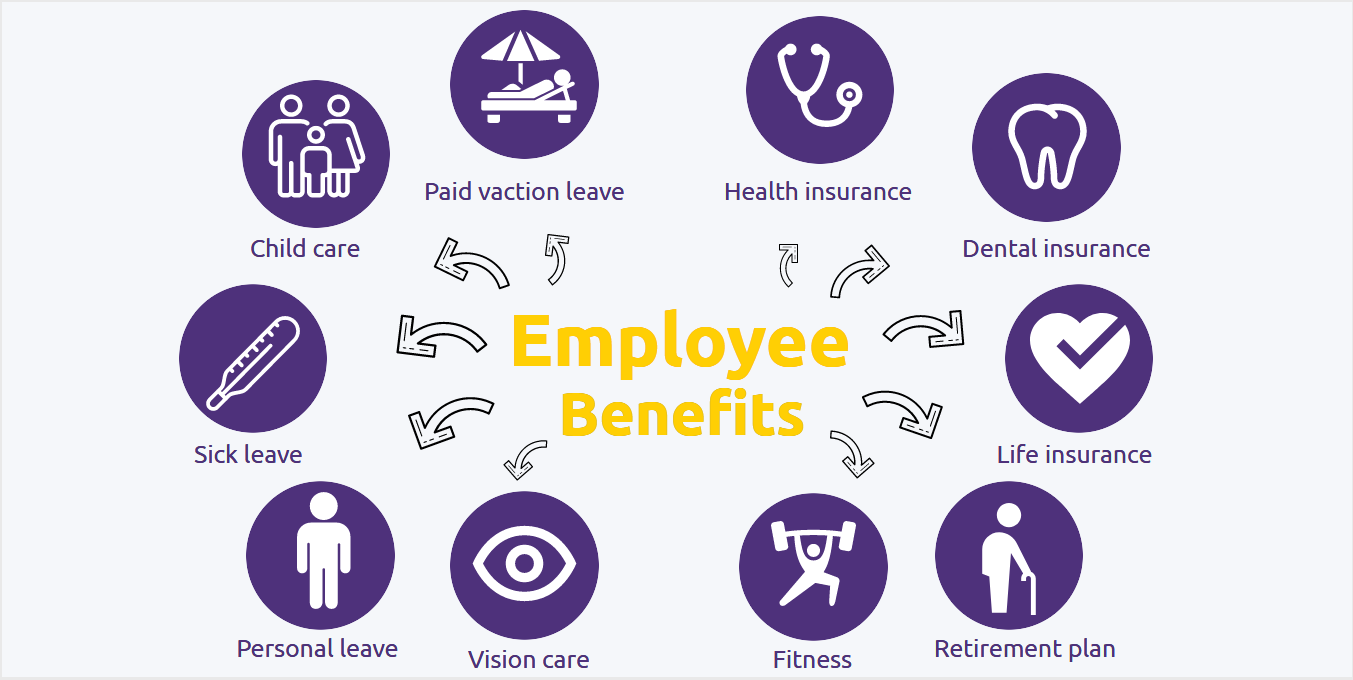A workplace is only as good as its employees. Only when the employees are treated in the best possible way and kept satisfied can a business owner expect to get optimum results, opines Charles Spinelli, the President of E3 HR, Inc. His years of experience in managing employees through this professional employer organization have taught him how important it is for any organization to maintain its employee benefits.
How these benefits help
This mainly involves the other facilities that are provided to an employee apart from the salary or wage. However, the employee benefits should not be considered as an advantage only to the employee; an employer is equally benefited with these benefits, advocates Charles Spinelli.
- The offered benefits are a means to ensure employee engagement and retention. When an employee sees the various ways in which the organization is taking care of them, they do not think about jumping ships. Instead, they may also refer other highly skilled people to join the company and thereby enhance the quality of manpower of the organization.
- Moreover, the provision of these perks helps invigorate an enthusiasm to work. A boost in the morale of the employees certainly has a positive effect on their performance and productivity. They are highly satisfied with their job as well.
- The health of the employees is taken care of through the various health insurances that are a part of these benefits. Ensuring that the employees are healthy and fit could lead to fewer sick leaves taken, and therefore increased productivity.
- The company culture is improved with the inclusion of employee benefits. The fact of being valued and looked after by the employer certainly leaves a positive mark in the minds of the employees and keeps them motivated to come to the workplace with positivity.
Whether one is an employer or an employee, since the employee benefits impact both positively, they should be aware of what the various types of benefits comprise. They are:
- Retirement plans – 401 (k) is the most popular retirement plan that helps employees save up for after their retirement.
- Health insurance – this is by far the most important benefit that should be granted to an employee. It includes the coverage of various medical costs.
- Employee assistance programs – an employee is entitled to receive help in certain personal aspects of their life from the employer such as legal counseling or financial planning.
- Paid time off – Charles Spinelli emphasizes that employers must provide some arrangement for paying the employee even while they are on vacation or leave for some other purpose.
- Flexible work arrangements – this could include work timings from being part-time, changing work shifts, or telecommuting. It helps an employee balance work and personal life.
- Life insurance – this certainly is an important benefit that the family of the employee can make use of after their demise.
- Disability insurance – the inability of an employee to work because of some illness or injury is covered in this benefit
- Wellness programs – this covers the maintenance of the health of an employee through health coaching, fitness classes, etc.
Considering employee benefits help keep the employees happy and satisfied, an employer must not consider it to be an expense they make; rather it should be considered to be an investment.







